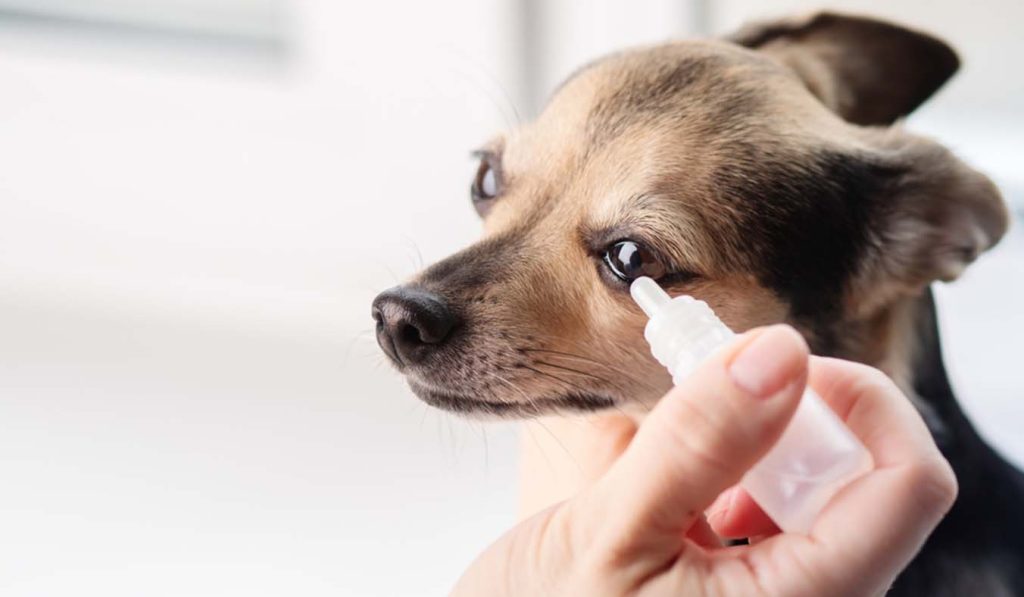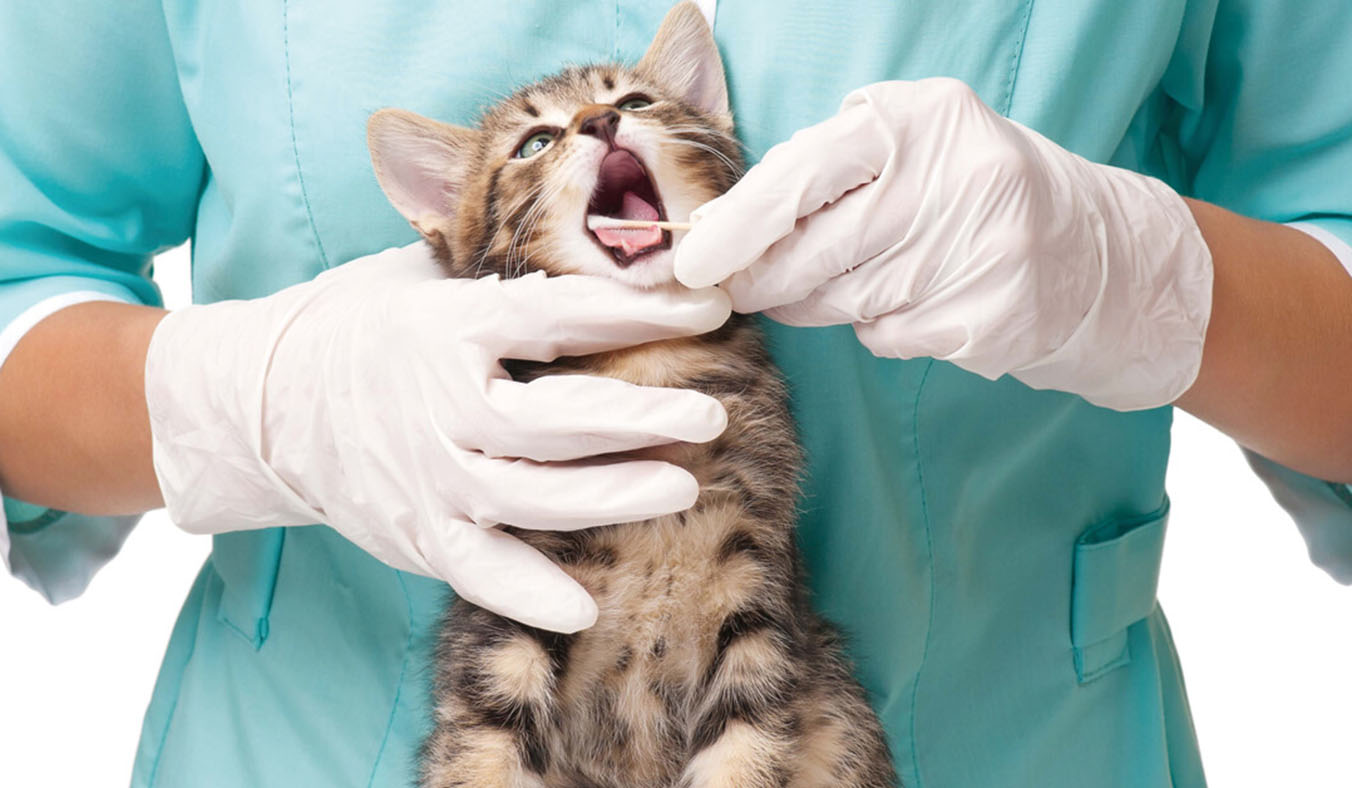In the world of pet ownership, ensuring the health and well-being of our furry companions is of utmost importance. For dog owners, understanding and recognizing the symptoms of congenital health issues in puppies can be crucial for early intervention and effective treatment. We delve into the most common congenital diseases in puppies, the types of congenital pet defects they may exhibit, the coverage of pet insurance for congenital issues, and ways to help puppies receive the care they need.
Most Common Congenital Diseases in Puppies:
- Hip Dysplasia: Hip dysplasia is a prevalent congenital condition primarily affecting larger dog breeds. It occurs when the hip joint fails to develop correctly, leading to instability and eventual degeneration of the joint. Symptoms may include reluctance to exercise, difficulty rising or climbing stairs, and hind limb lameness. Severe cases can result in arthritis and significant discomfort for the affected puppy.
- Patellar Luxation: Patellar luxation is a condition characterized by the abnormal displacement of the kneecap (patella) from its normal position within the groove of the thigh bone (femur). This displacement can cause intermittent or persistent lameness, pain, and difficulty walking or jumping. Depending on the severity of the luxation, affected puppies may require medical management or surgical intervention to correct the issue and alleviate discomfort.
- Congenital Heart Defects: Congenital heart defects encompass a wide range of structural abnormalities affecting the heart and its associated blood vessels. These defects can vary in severity, from minor murmurs that may not require treatment to more complex conditions necessitating surgical intervention. Common symptoms of congenital heart defects in puppies include exercise intolerance, coughing, difficulty breathing, and fainting episodes. Early diagnosis and appropriate management are essential for optimizing the puppy’s quality of life and longevity.
- Portosystemic Shunt: A portosystemic shunt is an abnormal blood vessel that bypasses the liver, allowing blood to flow directly from the gastrointestinal tract to the systemic circulation without undergoing detoxification by the liver. This condition can result in liver dysfunction, accumulation of toxins in the bloodstream, and neurological symptoms such as seizures, disorientation, and behavioral changes. Treatment may involve dietary management, medications to reduce toxin buildup, or surgical correction to redirect blood flow appropriately.
- Cleft Palate: A cleft palate is a congenital defect characterized by a gap or opening in the roof of the mouth, resulting from incomplete fusion of the palate during embryonic development. This anomaly can interfere with suckling and swallowing in newborn puppies, leading to aspiration of milk into the airways and respiratory complications. Surgical repair may be necessary to close the cleft palate and improve the puppy’s ability to nurse and thrive.
Recognizing the signs and symptoms of these common congenital diseases in puppies is essential for prompt diagnosis and intervention. Early detection and appropriate management can significantly improve the prognosis and quality of life for affected puppies, emphasizing the importance of regular veterinary care and proactive health monitoring for all canine companions.
Types of Congenital Pet Defects in Puppies:

- Orthopedic Issues: Orthopedic congenital defects encompass a broad spectrum of abnormalities affecting the bones, joints, and muscles of puppies. These may include conditions such as malformed limbs, angular limb deformities, hip dysplasia, or spinal abnormalities like scoliosis or kyphosis. Puppies with orthopedic issues may exhibit abnormal gait, lameness, difficulty standing or walking, or pain upon movement. Treatment options may vary depending on the specific condition and severity, ranging from conservative management with pain medications and physical therapy to surgical interventions such as corrective osteotomy or joint replacement.
- Neurological Disorders: Congenital neurological disorders involve abnormalities in the structure or function of the brain, spinal cord, or peripheral nerves, leading to a variety of neurological symptoms in affected puppies. These may include seizures, tremors, ataxia (loss of coordination), weakness, or paralysis. Conditions such as hydrocephalus, cerebellar hypoplasia, or congenital epilepsy may manifest in early puppyhood and require ongoing medical management, supportive care, or specialized interventions to improve the puppy’s neurological function and quality of life.
- Respiratory Abnormalities: Respiratory congenital defects affect the upper airway passages or structures involved in breathing, compromising the puppy’s ability to breathe effectively. Common respiratory abnormalities in puppies include cleft palate, a congenital defect characterized by a gap in the roof of the mouth, which can interfere with suckling and swallowing and may require surgical correction to prevent aspiration pneumonia and facilitate normal feeding. Additionally, stenotic nares, or narrow nostrils, can lead to respiratory difficulty, snoring, or exercise intolerance and may necessitate surgical widening of the nasal passages to improve airflow and breathing.
- Visual or Auditory Deficits: Congenital visual or auditory deficits refer to abnormalities in the development or function of the eyes or ears, resulting in partial or complete impairment of vision or hearing in affected puppies. Conditions such as congenital deafness or blindness may be inherited or result from developmental abnormalities during embryonic growth. Puppies with visual or auditory deficits may display signs such as failure to respond to visual or auditory stimuli, bumping into objects, or exhibiting heightened sensitivity to touch or sound. While treatment options for congenital visual or auditory deficits may be limited, supportive care, environmental modifications, and specialized training can help affected puppies adapt and thrive in their surroundings.
Understanding the various types of congenital pet defects in puppies is essential for early recognition, diagnosis, and management of these conditions. By working closely with a veterinarian and implementing appropriate treatment strategies, pet owners can help improve the quality of life and well-being of puppies affected by congenital defects, ensuring they receive the care and support they need to lead happy and fulfilling lives.
Coverage of Pet Insurance for Congenital Issues:
Pet insurance serves as a safety net for unexpected veterinary expenses, but understanding coverage for congenital issues requires a closer look at policy details.
- Inclusion of Hereditary Conditions: Some pet insurance plans cover congenital conditions caused by hereditary factors. This coverage often extends to conditions like hip dysplasia, heart defects, or cleft palate. However, the extent of coverage can vary between insurers and policy types.
- Exclusions and Limitations: While some plans include coverage for congenital issues, others may explicitly exclude them from coverage. Exclusions might apply to specific breeds known for certain hereditary conditions or to congenital issues diagnosed before enrolling in the policy.
- Additional Riders or Endorsements: In cases where congenital issues aren’t automatically covered, pet owners may have the option to add specific riders or endorsements to their policy for an additional cost. These additions can expand coverage to include congenital conditions, providing peace of mind for pet owners concerned about their puppy’s health.
- Pre-Existing Condition Limitations: Pet insurance typically doesn’t cover pre-existing conditions, including congenital issues diagnosed before the policy’s effective date. Therefore, enrolling in a comprehensive insurance plan early in your puppy’s life can help ensure coverage for any future congenital health concerns that may arise.
- Waiting Periods: Most pet insurance policies impose waiting periods before coverage takes effect. During this time, any congenital conditions diagnosed may not be covered. It’s crucial to be aware of these waiting periods and plan accordingly when seeking coverage for your puppy.
- Policy Review and Comparison: Before selecting a pet insurance plan, carefully review and compare policy terms, coverage options, and exclusions related to congenital issues. Consider factors such as annual limits, deductible amounts, and reimbursement percentages to find a policy that best meets your puppy’s needs and your budget.
- Consultation with Insurance Providers: If you’re uncertain about coverage for congenital issues or need clarification on policy terms, don’t hesitate to consult with insurance providers directly. They can provide detailed information about their policies and help you choose the best coverage options for your puppy’s health needs.
While pet insurance can provide financial protection for congenital issues, coverage varies widely among policies. By thoroughly researching and comparing insurance options, pet owners can make informed decisions to ensure their puppy receives comprehensive coverage for congenital health concerns, safeguarding their well-being and providing peace of mind for the future.
How to Ensure Pets Receive Treatment:

- Regular Veterinary Check-ups: Establishing a schedule for routine wellness exams is paramount in monitoring your puppy’s overall health. Through these check-ups, veterinarians can conduct thorough assessments, detect potential congenital issues early, and recommend appropriate interventions. Regular visits allow for proactive management of your puppy’s health and can prevent minor issues from escalating into more significant concerns.
- Genetic Testing: Particularly for breeds predisposed to certain congenital diseases, genetic testing offers valuable insights into potential health risks. By identifying genetic markers early on, you can take proactive steps to mitigate risks and tailor preventive care plans accordingly. Discuss genetic testing options with your veterinarian to ensure comprehensive health management for your puppy.
- Prompt Veterinary Care: Vigilance is key when it comes to observing your puppy’s behavior and physical condition. If you notice any unusual symptoms or behaviors, such as lethargy, difficulty breathing, or abnormal growth patterns, seek prompt veterinary attention. Early intervention can significantly improve treatment outcomes and prevent the progression of congenital issues.
- Exploring Treatment Options: Treatment for congenital issues encompasses a range of approaches, from medication to surgical intervention. Collaborate closely with your veterinarian to explore treatment options tailored to your puppy’s specific needs and circumstances. Whether it’s managing symptoms with medication, implementing rehabilitative therapies, or considering surgical correction, your veterinarian will guide you in making informed decisions to optimize your puppy’s health and well-being.
- Comprehensive Care Plan: Developing a comprehensive care plan in consultation with your veterinarian ensures a holistic approach to managing congenital issues. This plan may include a combination of medical interventions, lifestyle modifications, and ongoing monitoring to address your puppy’s unique needs effectively. By working together with your veterinarian, you can navigate treatment options and provide your puppy with the best possible care and support throughout their life.
By prioritizing regular veterinary care, genetic testing, prompt intervention, and collaborative treatment planning, you can ensure that your puppy receives the necessary treatment and support to thrive despite any congenital challenges they may face. Your proactive approach to their health and well-being lays the foundation for a fulfilling and happy life together.
Awareness of congenital health issues in puppies is essential for providing them with the best possible care and quality of life. By recognizing symptoms early, seeking veterinary attention, and exploring treatment options, pet owners can help their puppies overcome congenital challenges and thrive as happy and healthy companions.



